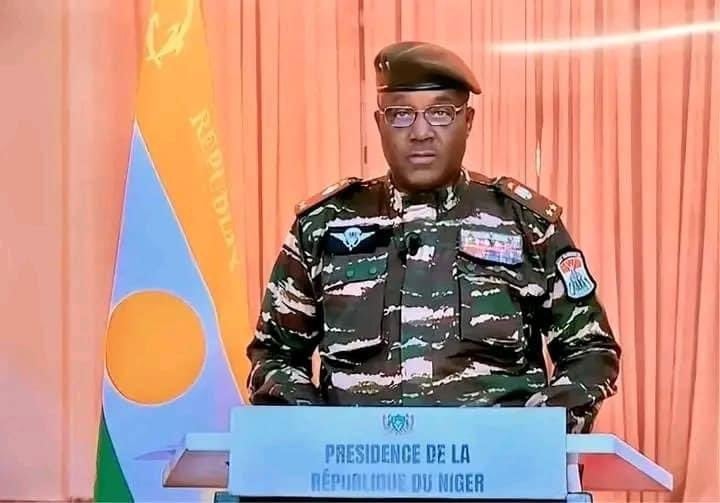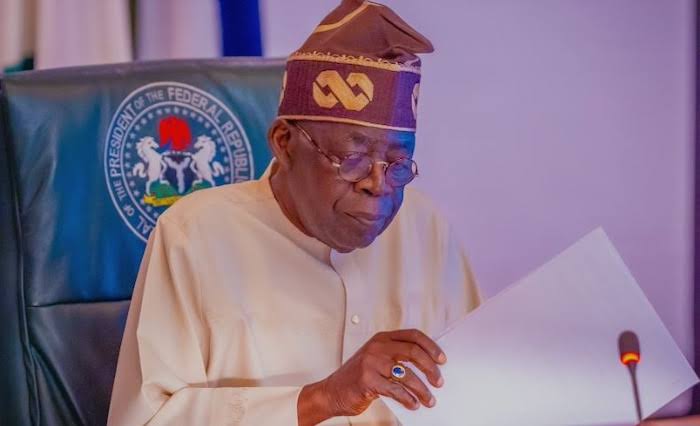Africa urged to stand with Sahel Alliance as global solidarity grows
Some members of Rastafari Council, Ghana
“The Alliance is a people-led transnational force, refusing to be boxed in by the artificial boundaries imposed by colonialism.” With this declaration, the Rastafari Council, Ghana and the Rastafari Continental Council have thrown their full support behind the Alliance of Sahel States—led by Presidents Ibrahim Traoré of Burkina Faso, Assimi Goïta of Mali, and Abdourahamane Tchiani of Niger.
The statement, released this week, underscores growing continental and diaspora solidarity for the Sahel bloc, praising its efforts to nationalize extractive industries, reclaim food sovereignty, and assert full political autonomy. In the face of international pressure and attempts to isolate the region, the councils have called for immediate African support in the form of political partnerships and unrestricted access to ports.
“These policies may unsettle global hegemonic interests, but they pose no threat to African peoples,” the councils stated. “On the contrary, they embody the desire of millions to overturn exploitative arrangements and secure a future based on justice, dignity, and African terms.”
In a related message of fervent support, Ghanaian-born Prophet Jimmy Alla-Mensah hailed Burkina Faso’s transformation under Traoré as “nothing short of extraordinary,” crediting the leader’s boldness, selflessness, and vision for igniting hope not only in Burkina Faso but across the continent.
In his solidarity piece titled “Standing By a Just Cause,” Prophet Alla-Mensah accused Western powers—particularly France, the U.S., and the U.K.—of undermining Traoré’s leadership through disinformation, intimidation, and economic manipulation, much like their historical opposition to African leaders such as Kwame Nkrumah and Muammar Gaddafi.
“They are threatened by his unyielding independence, unsettled by his bold call for African unity, and deeply disturbed by his courageous defiance in exposing their misleading narratives,” the Prophet wrote, invoking biblical scripture (2 Corinthians 2:11) to warn Africans not to fall for foreign schemes.
The coordinated statements from both the religious and pan-Africanist communities represent a growing wave of support that stretches across continents—from Africa to Europe and the Americas—affirming the Sahel Alliance as a legitimate expression of African self-determination.
The Rastafari Councils emphasized that support for the Alliance is more than political—it is historical, cultural, and spiritual. “This is not just a matter of policy—it is a recognition of shared historical struggle and ancestral bonds that bind the Sahel to the broader African family.”
As regional bodies like ECOWAS continue to press for reintegration and Western powers seek to maintain influence, voices from within Africa are becoming louder in their call for sovereignty, dignity, and unity on African terms.












